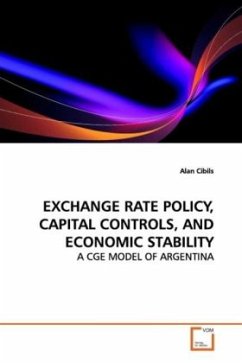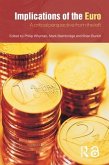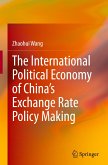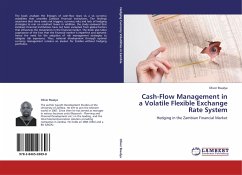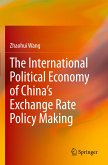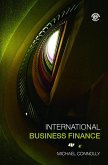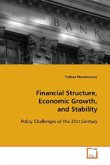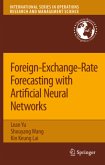A computable general equilibrium (CGE) model with
financial markets was built to simulate the effects
of capital control policies in Argentina under
alternative exchange rate regimes. The two types of
capital control tested are a required reserve deposit
on short-term capital inflows and a limit on capital
flight. The main channel through which the financial
and real sides of the economy interact in this model
is bank lending.
For the flexible exchange rate simulations, each type
of capital control has the effect of diminishing the
impact of external financial shocks on key
macroeconomic variables. The introduction of capital
controls has the undesirable effect of decreasing
private national income and investment, in addition
to triggering a currency appreciation. It is
therefore unclear whether the costs outweigh the
benefits in this setting. The costs of introducing
capital controls in the fixed exchange rate
simulations are lower than in the flexible exchange
rate model. While simulations for both capital
control policies yield mixed results in the fixed
exchange rate model, each type of control provides
some improvements in the model's response to external
shocks.
financial markets was built to simulate the effects
of capital control policies in Argentina under
alternative exchange rate regimes. The two types of
capital control tested are a required reserve deposit
on short-term capital inflows and a limit on capital
flight. The main channel through which the financial
and real sides of the economy interact in this model
is bank lending.
For the flexible exchange rate simulations, each type
of capital control has the effect of diminishing the
impact of external financial shocks on key
macroeconomic variables. The introduction of capital
controls has the undesirable effect of decreasing
private national income and investment, in addition
to triggering a currency appreciation. It is
therefore unclear whether the costs outweigh the
benefits in this setting. The costs of introducing
capital controls in the fixed exchange rate
simulations are lower than in the flexible exchange
rate model. While simulations for both capital
control policies yield mixed results in the fixed
exchange rate model, each type of control provides
some improvements in the model's response to external
shocks.

